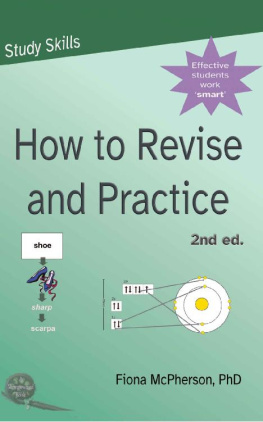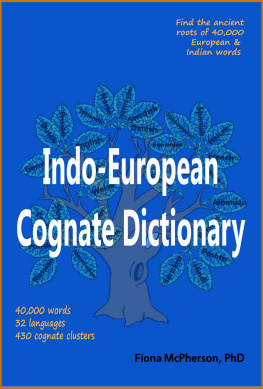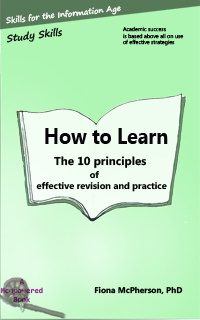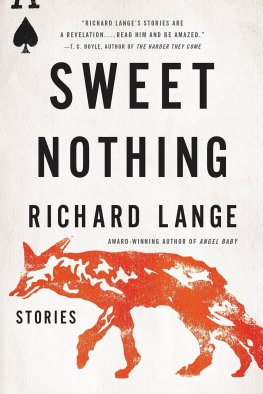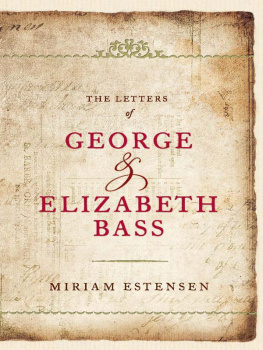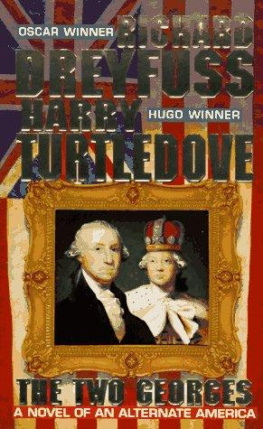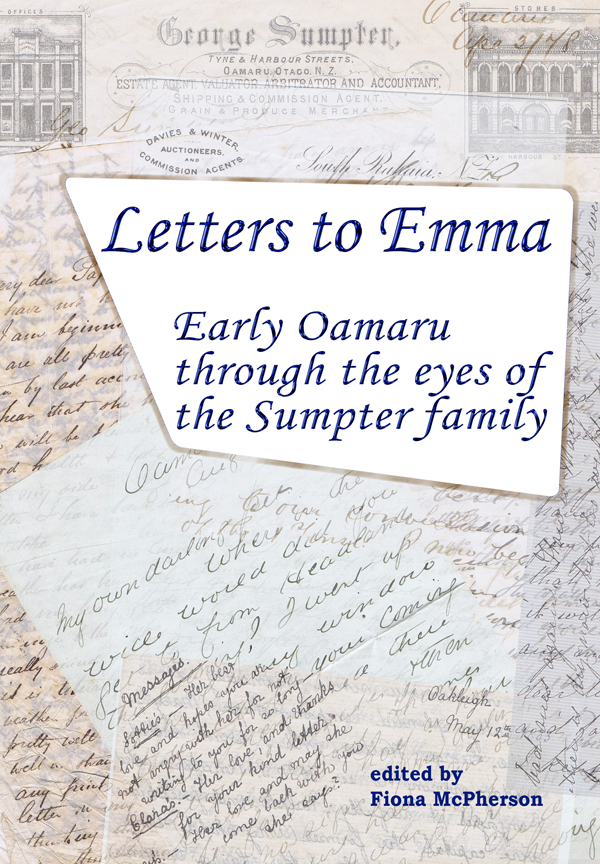Letters to Emma
Early Oamaru through the eyes of the Sumpter family
Edited By Fiona McPherson(Emmas great granddaughter)
Published 2014 by Wayz Press, Wellington, New Zealand.
Copyright 2014 by Fiona McPherson.
All rights reserved.
No part of this publication may be reproduced, stored in a retrieval system, or transmitted in any form or by any means, electronic, mechanical, recording or otherwise, without the prior written permission of Wayz Press, a subsidiary of Capital Research Limited.
ISBN 978-1-927166-18-5
Acknowledgments
The newspaper clippings shown in this book have all come from the National Library of New Zealands wonderful resource of digitized old newspapers, Papers Past, and Id like to thank them for creating this resource and making it freely available.
I should also give due acknowledgment to W.H.S Roberts wonderful History of Oamaru and North Otago, New Zealand, From 1853 to the end of 1889. Mr Roberts provides an incredible wealth of detail, year by year, and I was very fortunate that my mother had managed to hold onto the familys copy of this 1890 book.
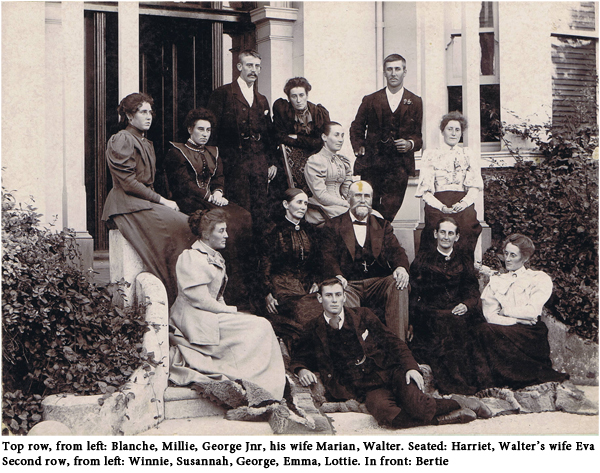
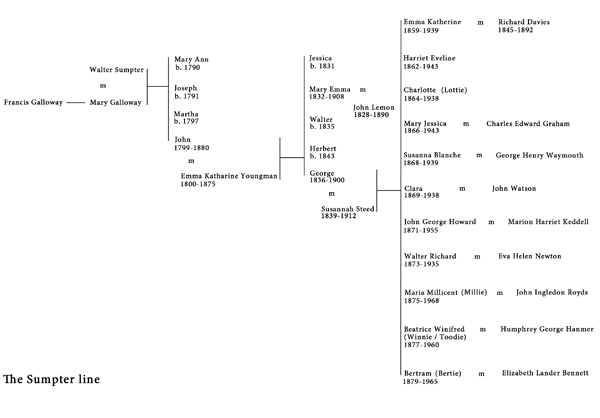
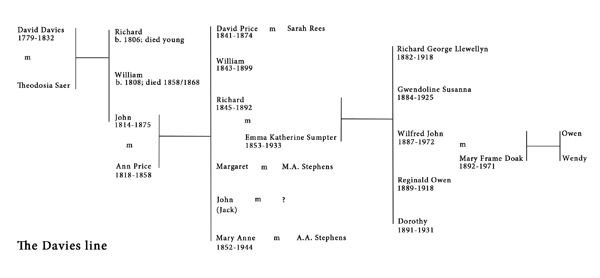
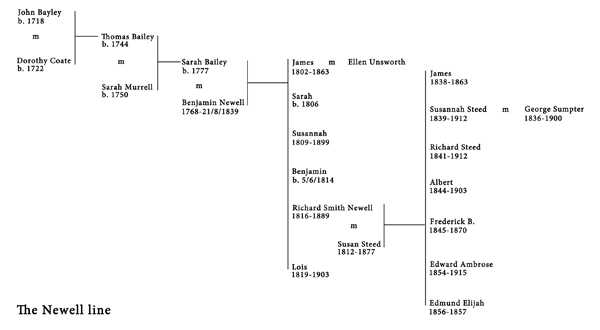
Preface
I have never liked New Zealand history, having been turned off it at a young age. (My primary school days taught me that New Zealand history was all Captain Cook and Vogels public works, and deadly boring! I imagine its different now.) But my mother inherited a quantity of old letters that had been written to her grandmother (the Emma in this books title), and when I was 16 or so I blithely said Id type them up so that we could read them more easily. The typewriter I had was, I think, my grandfathers keys went down with a solid clunk, requiring quite a bit of force. My typing skills, too, were very primitive. On top of which, I found the letters very hard to read. I gave up, but the promise haunted me for the next several decades.
Eventually personal computers made the job of production so much easier, and with much improved typing skills I revisited that old task. This time I could get in the practice needed so that my reading of the letters became much easier (although still something of a decoding task at times!). As I ploughed through the letters, these people became real to me; I discovered an interest in the early colonial days of my country that I had never felt before. Those who have been seduced by genealogical research will understand the thrill of reading in old newspapers about events and people described in these letters (how wonderful that the National Library has so many of these online now!).
My initial task was simply to transcribe the letters for the family, and for my mother in particular (in her 80s now and still patiently waiting!). But the project grew, as such things are wont to do, and with the resources of the old newspapers and Mr Roberts unbelievably detailed history of the time, I wanted to flesh out the letters provide some of the background that had helped me build the picture I now had of early Oamaru.
Oamaru was a town I was very familiar with, having spent a good part of my school holidays there all through primary school we lived in Christchurch, but as my father was a lecturer at the teachers college, we were able to go down regularly to stay with my mothers parents. I have, accordingly, very strong memories of Oamaru and of my grandfather, Wilfred Davies, Emmas youngest son.
Every now and then, as Ive painstakingly transcribed these letters, Ive reminded myself that this world the world of colonial New Zealand, the world that seems so distant to us now was the world into which my grandfather was born. My grandfather, who I can still see so clearly in my minds eye, sitting by the kitchen stove in the low wicker chair, fastening his black boots (so Victorian in style at the time, although more familiar now perhaps), in his old-fashioned black suit, as he prepared to go down to Familtons hardware store on Thames St, where he kept an office (I remember him perching on a high stool in a back cubby) for the accounting work he did for many small businesses.
So this book is not only for my mother, but in memory of my grandfather, a gentle, kindly man who served his community long and well, and of all those ordinary people who made that hard journey from the other side of the world to build a new place in a very different land.
One of these (although he could not, I think, by any means be described as ordinary!) was Emmas father, George Sumpter. George is the reason that these personal letters expanded into a reflection on old Oamaru. The North Otago Times, in his obituary, put it very well, when it referred to the multifarious duties Mr Sumpter took upon himself as a citizen. These are closely interwoven with the history of Oamaru, and are recorded in nearly every institution in the town. George and Emma, two of our three principal characters, arrived in Oamaru in 1862, when the town was still very raw indeed. Their lives are, therefore, entwined with Oamarus development.
Do note that I have preserved many of the vagaries of spelling and punctuation in the letters (especially in those from the children) punctuation in particular seems to have been an optional and rather random extra! I have thrown in a number of extra full stops for claritys sake, but have tried to keep such amendments to a minimum. Those attuned to such things may also note a certain Americanization of some spellings I assure you that these are (intriguingly) as originally written.
Remarks in square brackets, within the letters, are mine.
In a few cases I have transcribed newspaper cuttings, where the reproduction has been too poor.
I have put a number of images on the website associated with this book. You can find that at www.wayz.co.nz/wayzpress/history/emma.
Beginnings
The days of Victoria, the days of colonial New Zealand, seem very distant to us now. But it was in so many ways the birth of our own era, a backward echo of our own times. For the 19th century was a time of great change and excitement and opportunity.
Great opportunities breed great disasters, and the century was marked by both. Booms and busts were the order of the day.
In New Zealand, one such bust occurred during the black 1880s1, during which some 10% of the adult white male population experienced bankruptcy. They were hard times for families, whether their breadwinner was a young man struggling to establish himself or an established and successful businessman trying to maintain what was his.
This is a story told through the personal correspondence of one family that contains both narratives. George Sumpter, the patriarch of the Sumpter family, was a prominent citizen of Oamaru, stalwart of the Harbour Board, sometime-Mayor, father of eleven, and general wheeler-dealer. His oldest child, Emma, fell in love with one of Georges employees, a Welsh immigrant who, on proposing to Emma, was sent to Rakaia to prove his ability to support Georges much-loved daughter.


